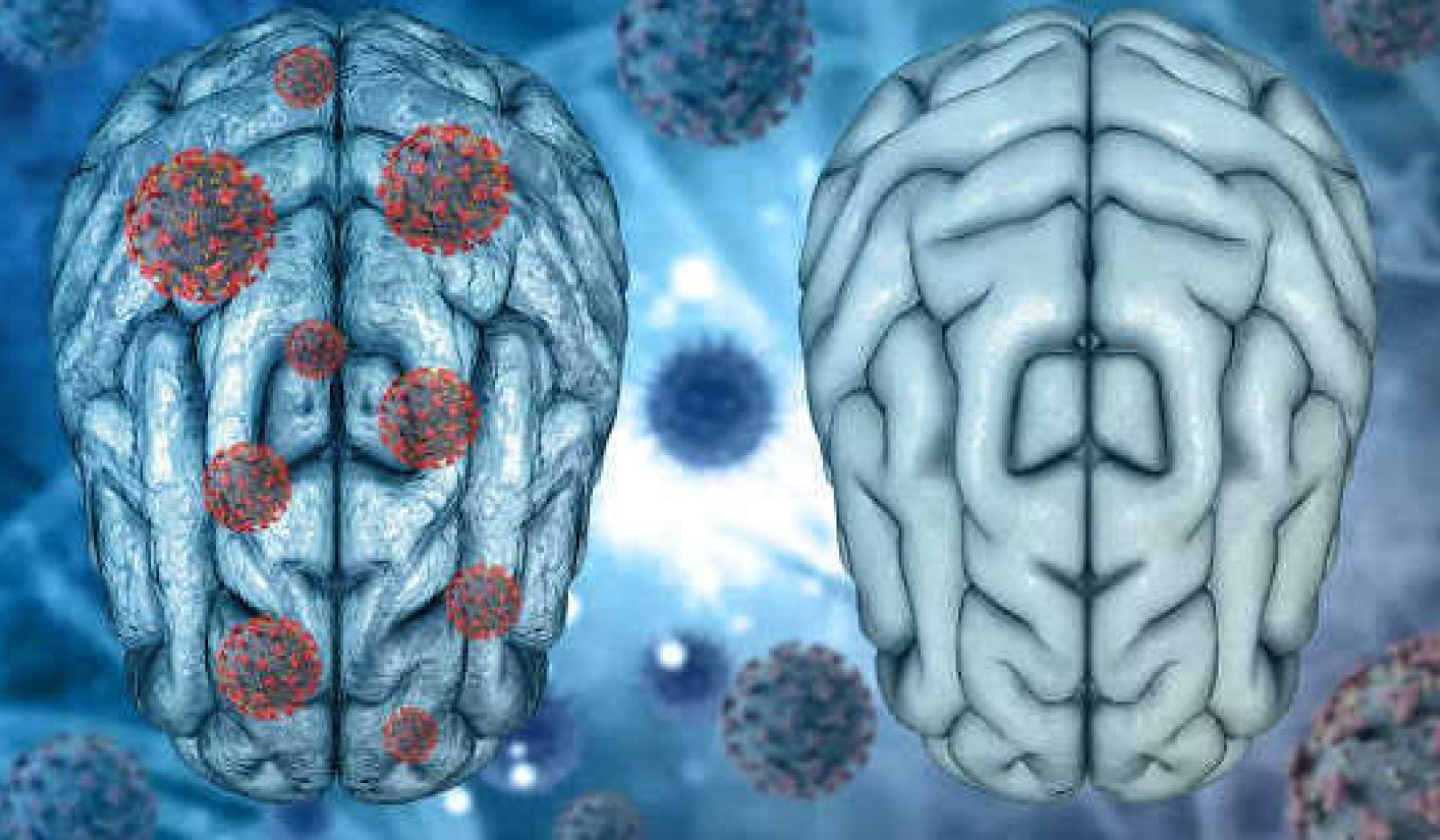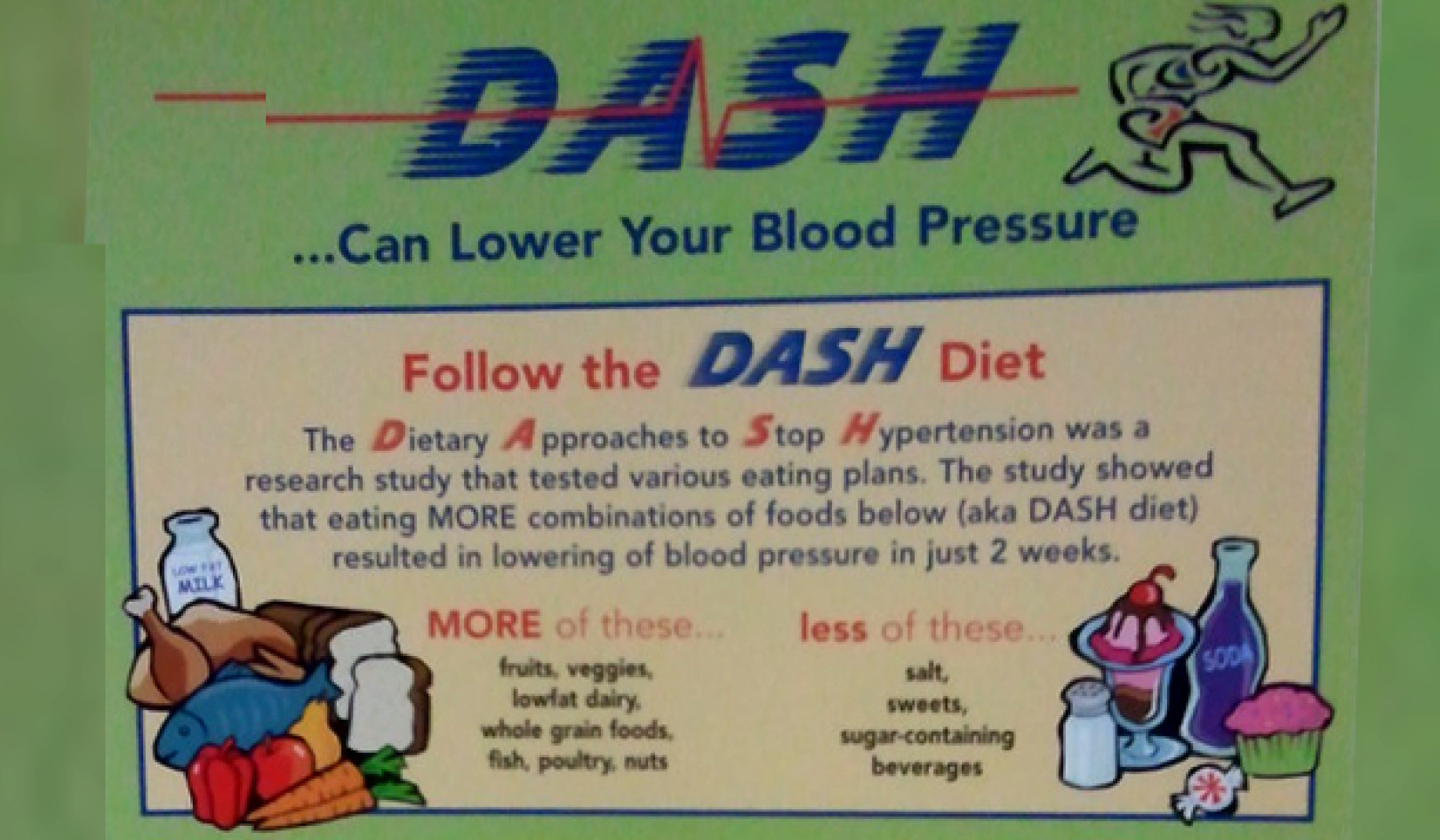
The major active compound in chilies, capsaicin, is associated with multiple health benefits. Christian Moro, Author provided
We all know the burning sensation we get when eating chillies. Some can tolerate the heat, while others may be reaching for the milk carton.
Some people even actively choose to participate in chilli-eating competitions, seeking out the world’s hottest chillies, such as the Carolina Reaper.
The global hot sauce market has grown substantially in the last few years. It sits at around US$2.71 billion (A$3.68 billion), and is expected to grow to $4.38 billion (A$5.95 billion) by 2028.
But can the heat harm our bodies?
Let’s take a look.
The heat is a ‘trick’
For all their health benefits, eating hot chillies may cause a bit of discomfort.
This includes swelling, nausea, vomiting, eye pain, diarrhoea, abdominal pain, heartburn from acid reflux, and headaches.
But the feelings we get are simply from our body’s response, not anything the chilli is doing to actually burn us. As such, many of the side effects we notice when eating hot chilli, such as sweating and pain, are a result of the body considering the stimulus to be a real burn.
This is why the heat can be “fun”. Our body senses capsaicin, the major active compound in chillies, and immediately responds to it. But there’s no serious physical damage occurring to the cells. Capsaicin is “tricking” the body into thinking it’s experiencing a real burn.
But what could be an advantage of this? Well, this burning sensation is felt by mammals, but not birds. Therefore, a common theory is the capsaicin response was developed by plants to deter mammals from feeding, while still encouraging birds to eat the fruit and carry the seeds far and wide.
However, although a real burn is not taking place, individual cells in the mouth and digestive system might respond to the stimulus by releasing chemicals which induce a small amount of additional irritation. The response is usually relatively short-lived, and tends to subside once the burning sensation quiets down.
Other than that, there’s not much strong evidence to support any major injury or negative effects from a balanced and moderate consumption of hot chilli.
A weak correlation does exist for a high intake of chillies being somehow associated with cognitive decline. In this study, chilli intake of more than 50g/day (3.5 tablespoons) was reported in more people who exhibited memory loss than others. However, this was self-reported data, and the results have not yet been repeated by further research.
No Long-term Dangers Eating Hot Chili Peppers
Chilli is an integral spice used in many cuisines. And there are many benefits to a regular intake of the spice, with its great source of antioxidants. In addition, those who add chilli to meals tend to add less salt, meaning enjoying a bit of heat could become a healthy habit for some people.
Overall, although eating chilli can cause discomfort, in some cases for many hours after eating, there doesn’t seem to be any long-term dangers from eating hot chilli in moderation.
You may have noticed the more heat you eat, the more heat you can tolerate. This is because the pain nerves start to become less sensitive with increased and prolonged stimulation. Additionally, some people can naturally tolerate much higher heat levels which is, in part, regulated by genetics.
Nonetheless, although others may be eating much hotter chillies than you enjoy, the current recommendation is to stay within your comfort zone.
About The Author

Related Books:
Salt, Fat, Acid, Heat: Mastering the Elements of Good Cooking
by Samin Nosrat and Wendy MacNaughton
This book offers a comprehensive guide to cooking, focusing on the four elements of salt, fat, acid, and heat and offering insights and techniques for creating delicious and well-balanced meals.
Click for more info or to order
The Skinnytaste Cookbook: Light on Calories, Big on Flavor
by Gina Homolka
This cookbook offers a collection of healthy and delicious recipes, focusing on fresh ingredients and bold flavors.
Click for more info or to order
Food Fix: How to Save Our Health, Our Economy, Our Communities, and Our Planet--One Bite at a Time
by Dr. Mark Hyman
This book explores the links between food, health, and the environment, offering insights and strategies for creating a healthier and more sustainable food system.
Click for more info or to order
The Barefoot Contessa Cookbook: Secrets from the East Hampton Specialty Food Store for Simple Entertaining
by Ina Garten
This cookbook offers a collection of classic and elegant recipes from the beloved Barefoot Contessa, focusing on fresh ingredients and simple preparation.
Click for more info or to order
How to Cook Everything: The Basics
by Mark Bittman
This cookbook offers a comprehensive guide to cooking basics, covering everything from knife skills to basic techniques and offering a collection of simple and delicious recipes.
Click for more info or to order
This article originally appeared on The Conversation






















